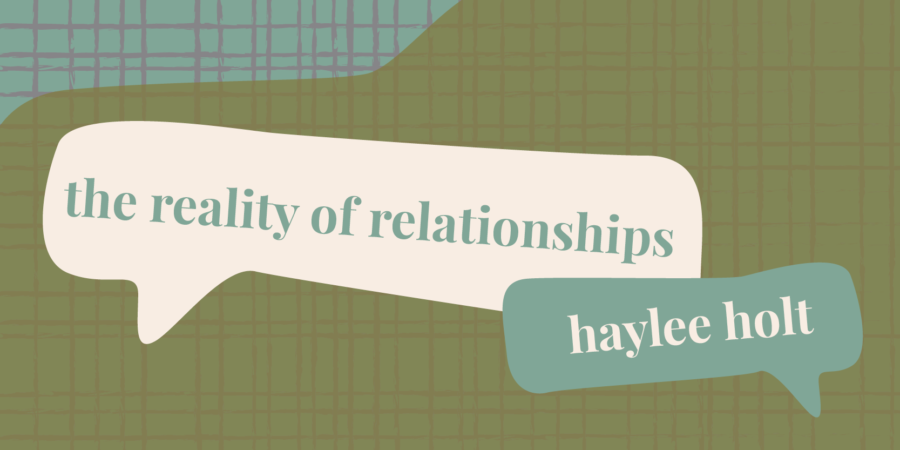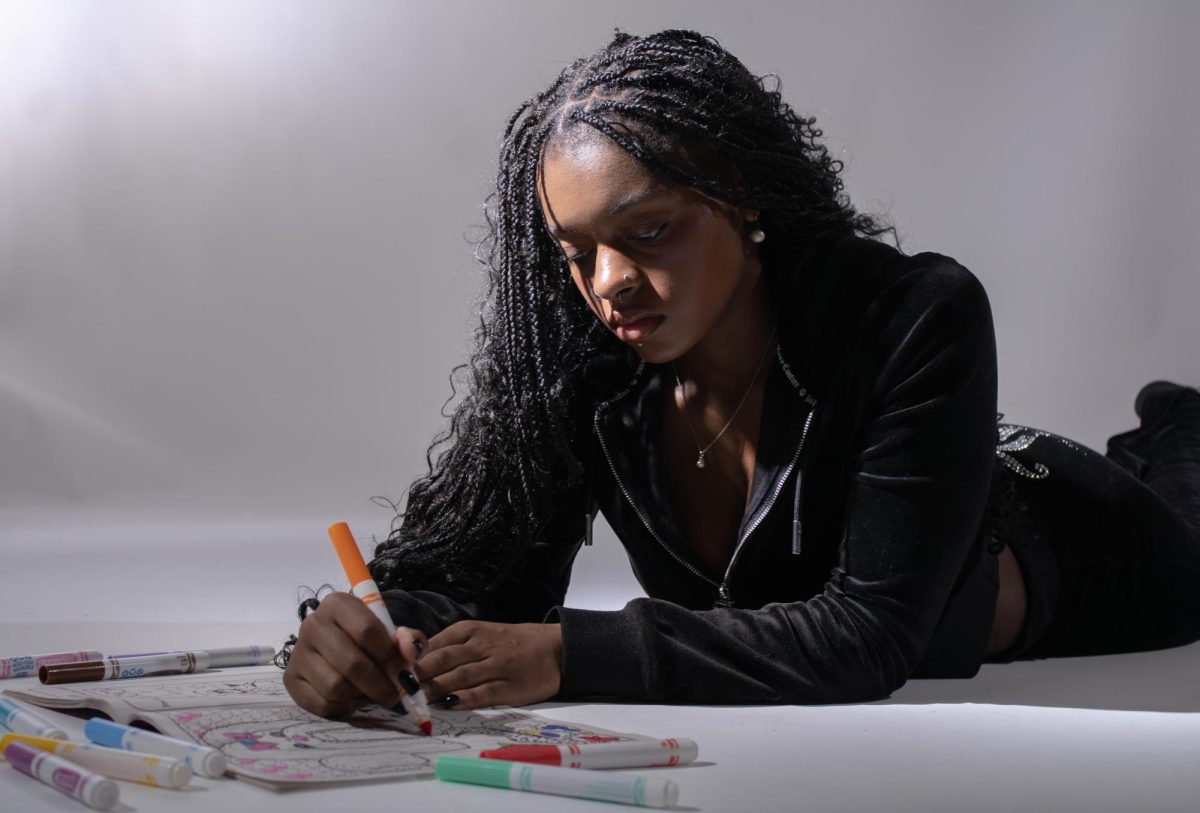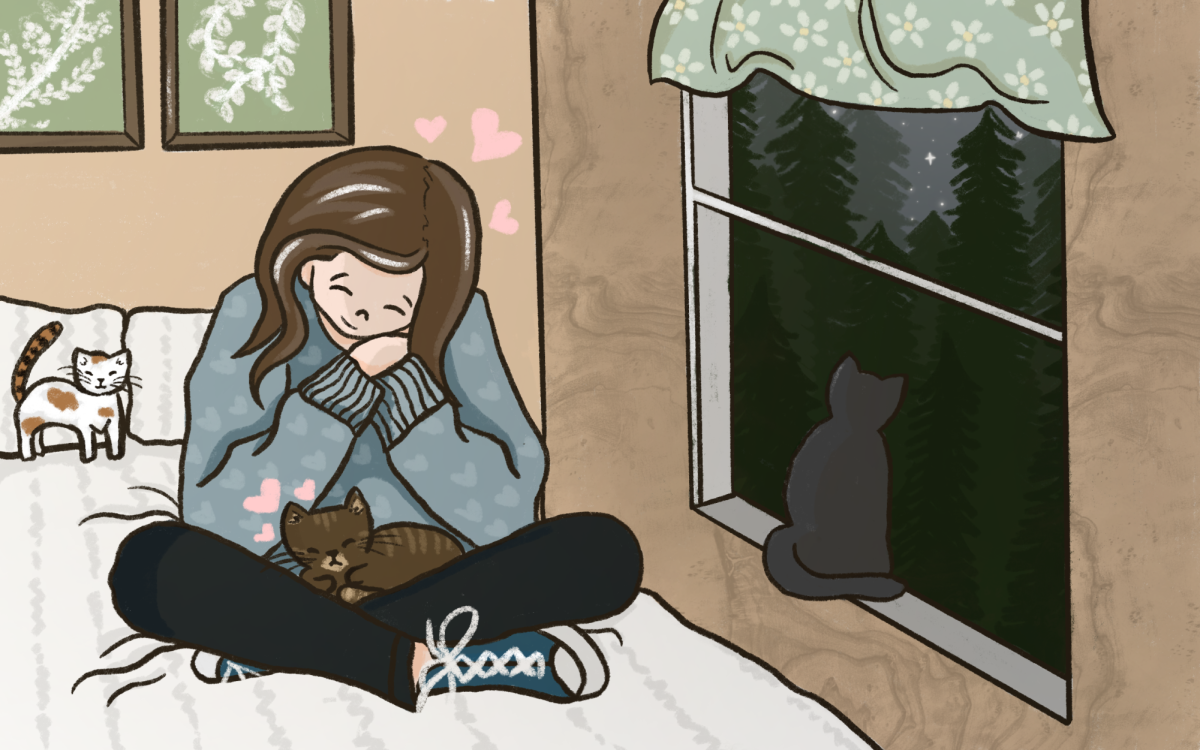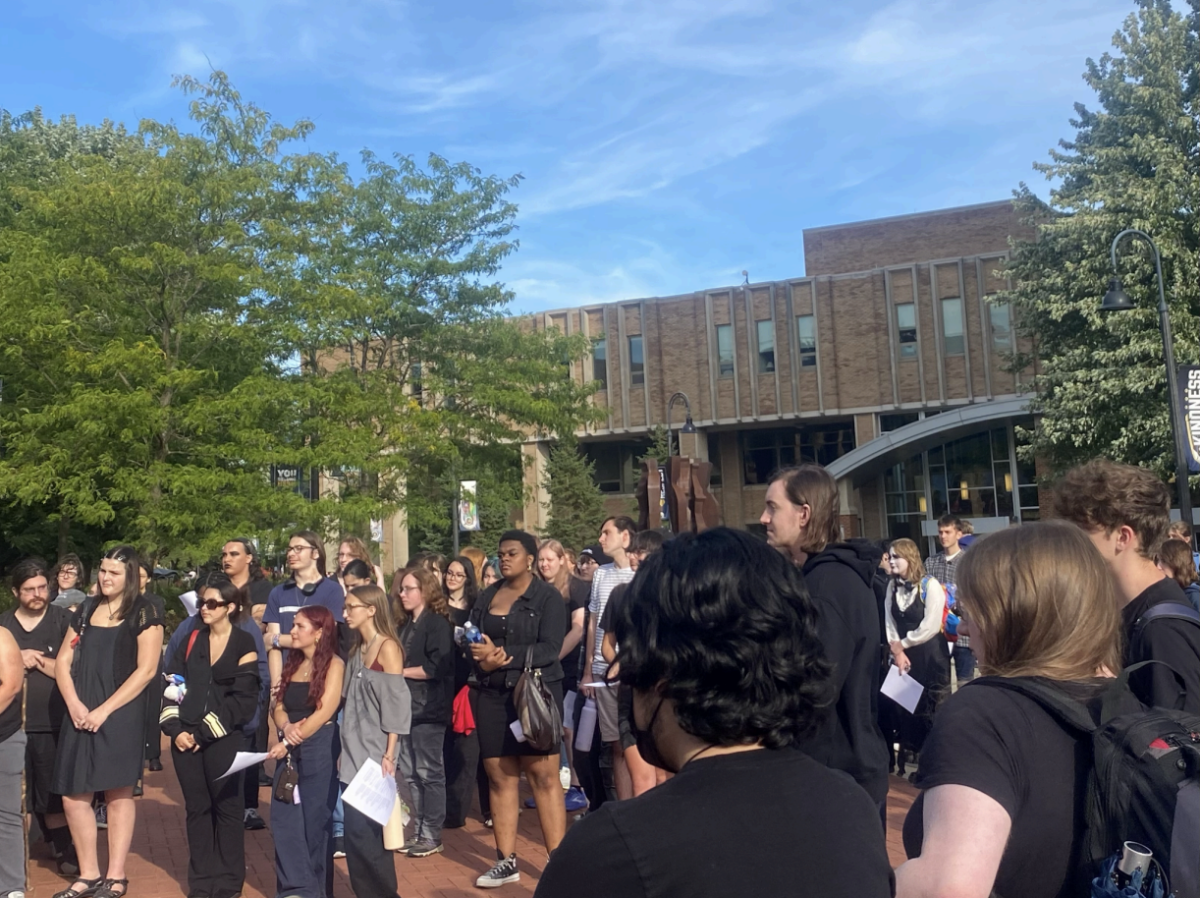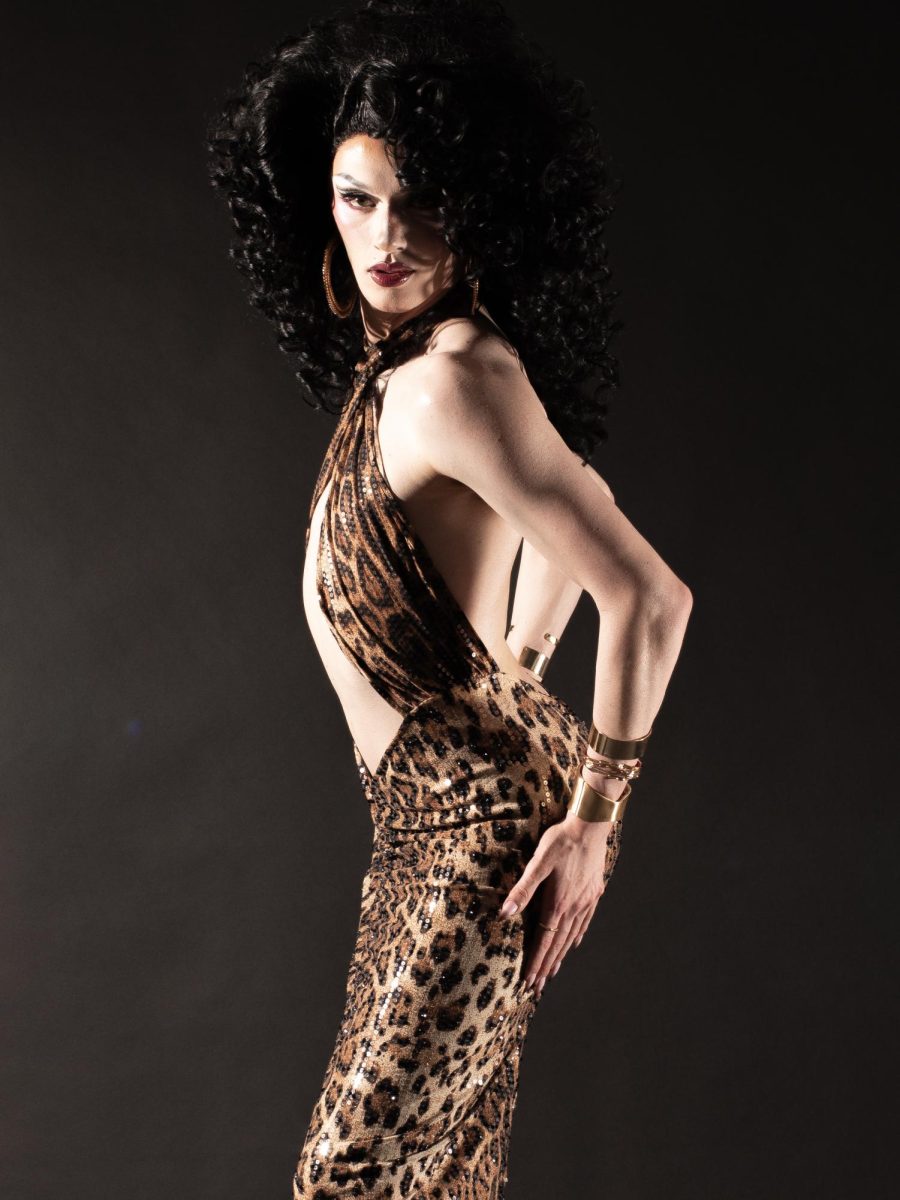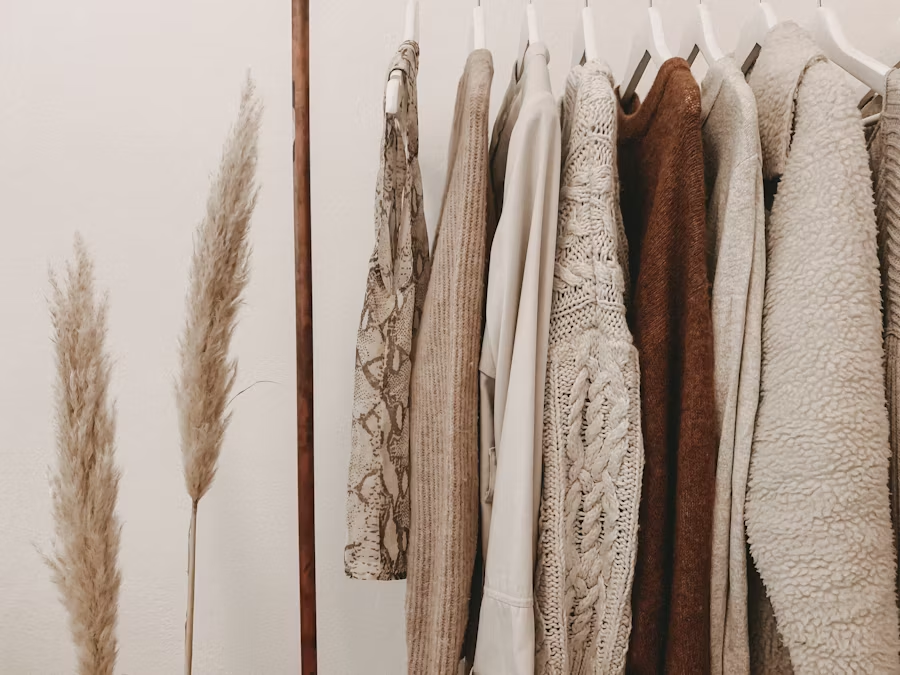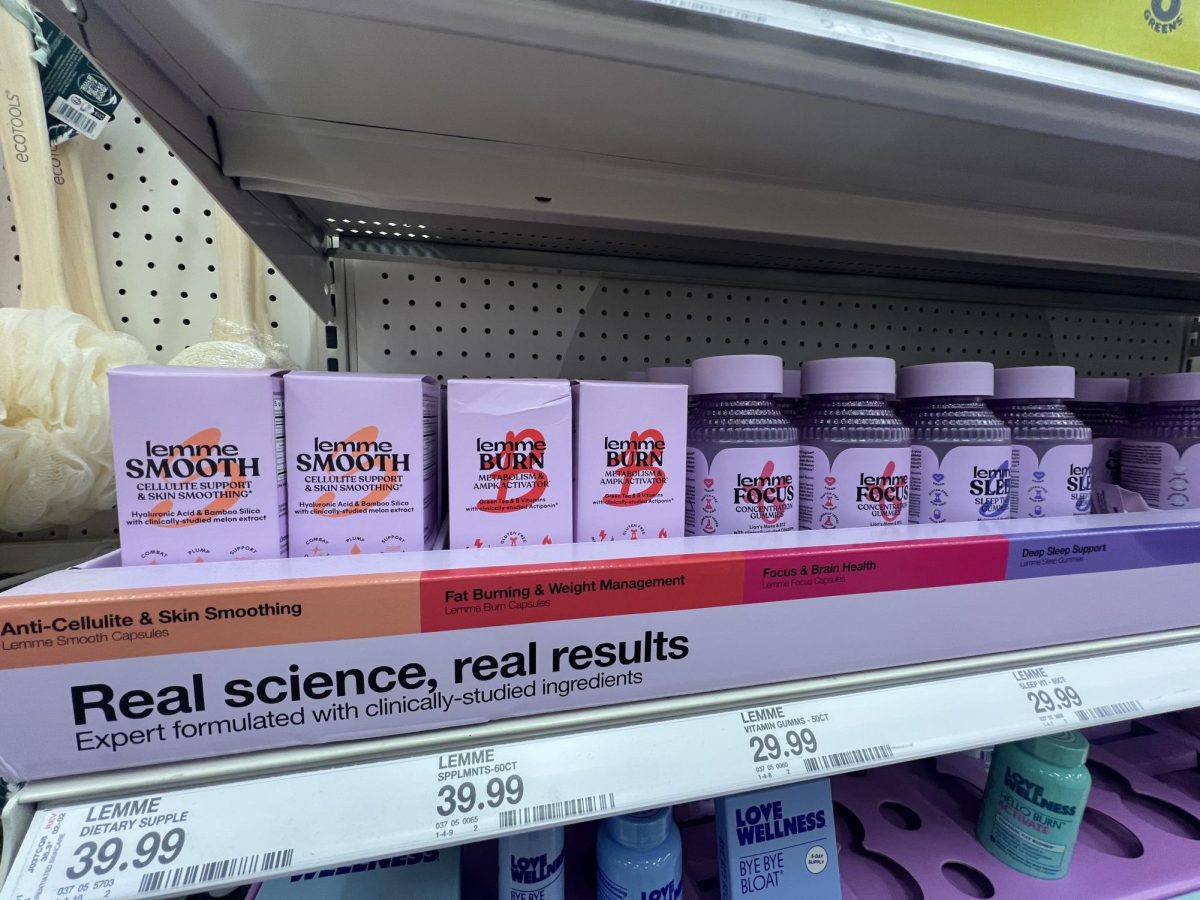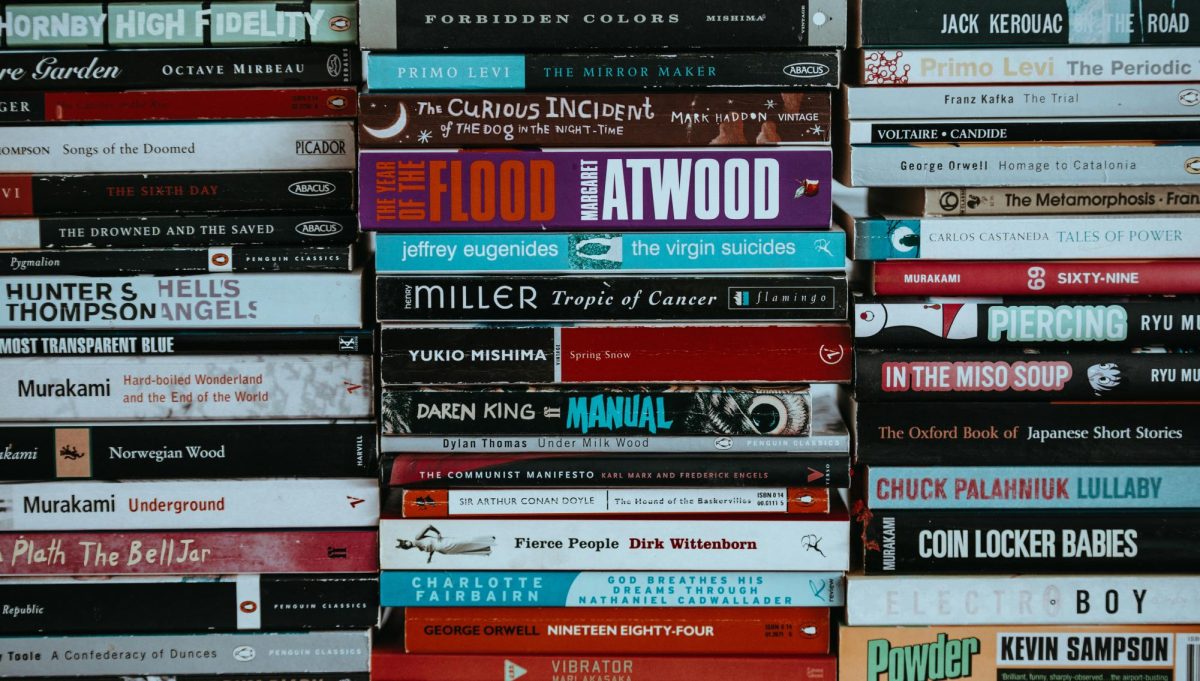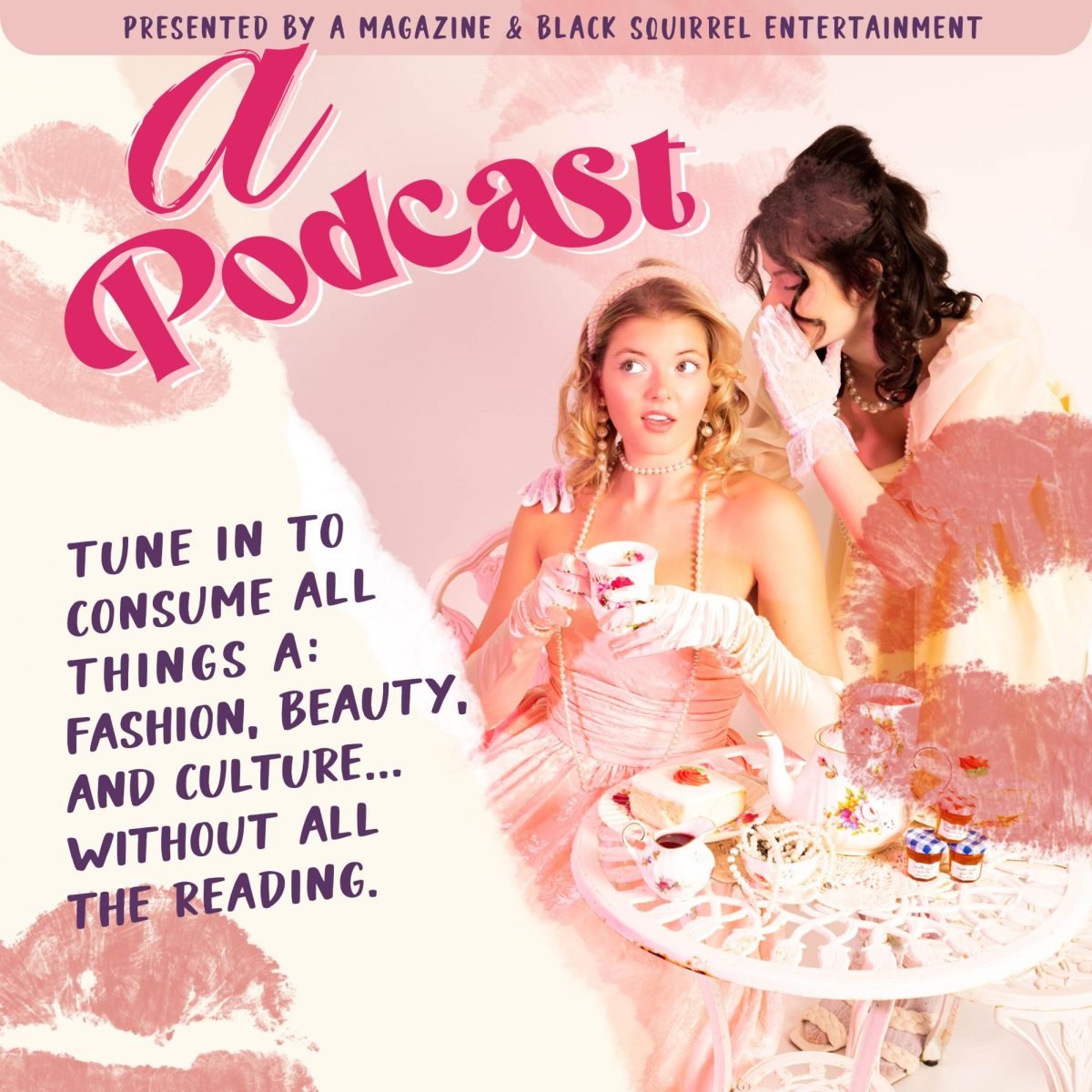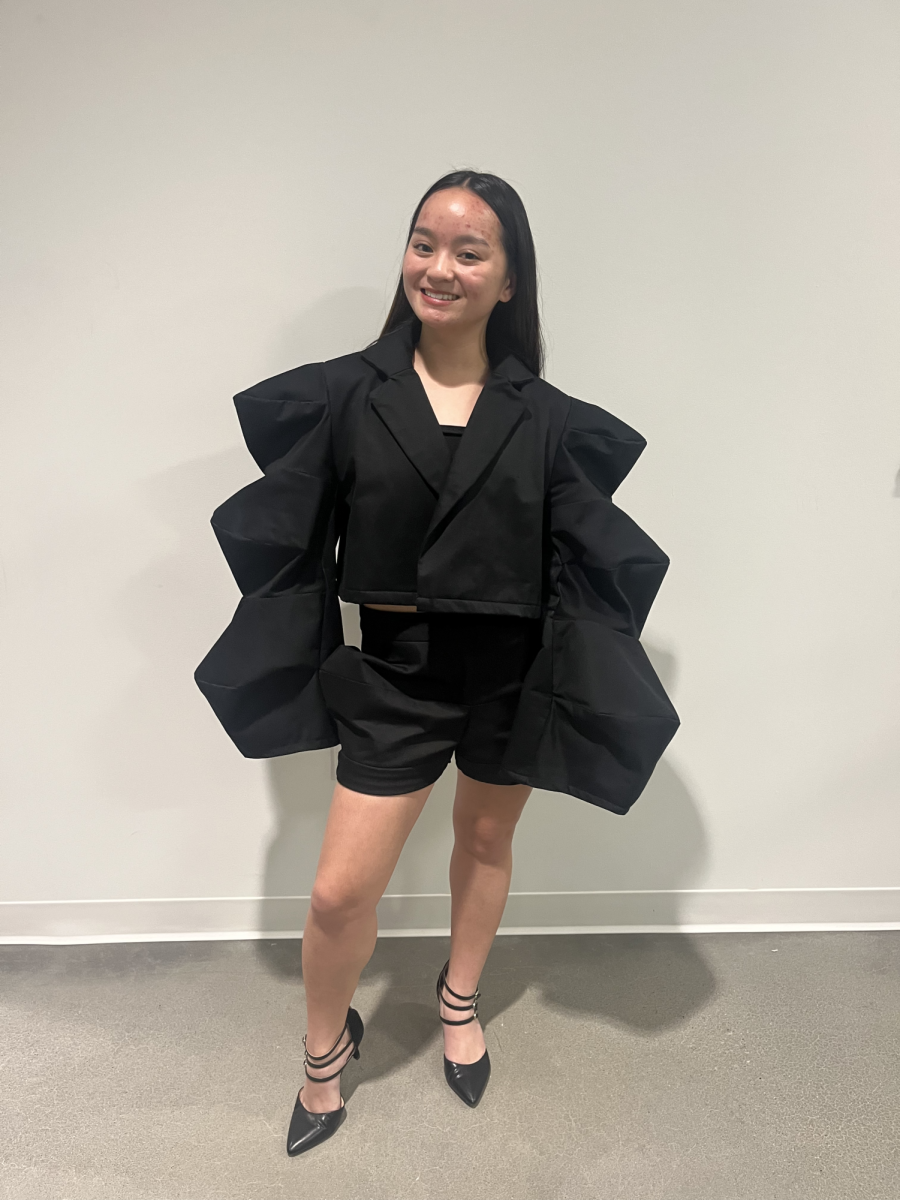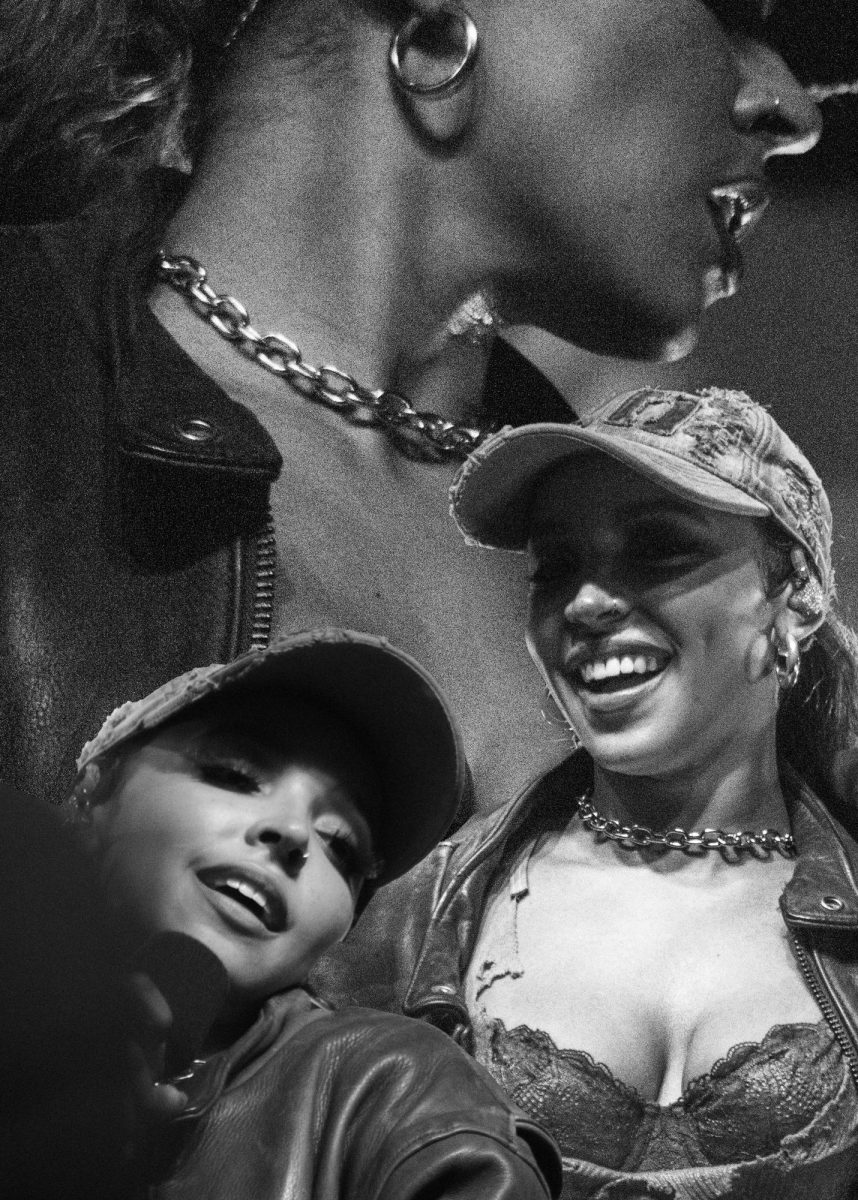Those who have lived through previous generations know that despite all of our efforts, or lack thereof, the reality of relationships has drastically changed. Some may say this change is for the better, whereas others argue it caused issues within society’s ability to problem solve.
Instead of solving differences face to face, people resolve issues within their relationship through cellular devices or online applications. Instead of hiding the true reality of one’s sexuality, people are able to express themselves openly with acceptance from the public.
Being involved in positive relationships promote a better state of mental health. If individuals are struggling with familial, romantic or friendly relationships, they may be more prone to depression, anxiety and other mental health issues.
“There is a reciprocal relationship between relationship satisfaction and depression,” said John Schell, a psychology professor at Kent State. “About 50 percent of people who are in a bad relationship are depressed, and 50 percent of people who are depressed are in a bad relationship.”
With all of the factors involved in the different types of relationships we are in, how do you really know if a relationship is psychologically damaging to either partner? The key red flag to look out for is if one is starting to feel bad about his or herself, needs are not being met or self-esteem plummets.
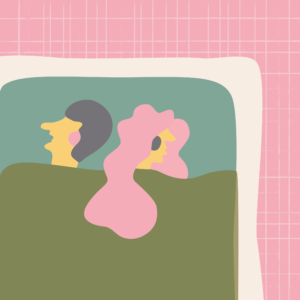
Relationships are supposed to create happiness, self-esteem and support. If both partners take care of one another, both of their needs will be met. That allows a sense of validation for both parties, regardless of gender.
“Gender differences are sometimes exaggerated,” Schell said. “Men and women are more alike than different in terms of emotional responses. Both parties deep down tend to feel the same types of vulnerability.”
The most important factor is open communication. Tell your partner what is or isn’t working in order to make your relationship functional and healthy. Your partner must be empathic, willing to make adjustments to make their needs and their partner’s needs intersect.
So, the big question to be asked is, do our relationships impact society, or does society impact our relationships? Allen Lowry, sociology and criminology professor at Kent State, says they are both connected.
Lowry has found that in contemporary society, people often find that they adapt to the likes of another person they are interested in. In this way, it could be a positive outcome. The more a person opens up to new experiences, the more cultured they become.
“Each time you become involved in a relationship, you are being exposed to the reality of that life for another person,” Lowry said. “Experiences change who we are. It’s a very nice tool to expand yourself and society because it’s an influencing factor to a greater or lesser degree.”
Does our society promote the type of change occurring within our relationships? Could it be that rap songs, TV shows and books are impacting the way relationships are being formed in younger generations? It is clear that society has its own impact on relationships. There is a lesser degree of civility, politeness and respect towards different types of people within our media.
“If we talk about people in a more degrading way, we may actually lessen our value in them over time,” Lowry said. “It allows our generation to become more willing to treat you as a lesser person, or become aggressive and violent.”
Elders always say that relationships were simpler in the “good old days” because there was less relationship trauma, technology and pressure. Schell stated that there was certainly some amount of depression and anxiety in 50s and 60s; however, many people experience more pressure today when creating relationships, maintaining academic success, making connections in the work field and learning to become more resilient.

Schell discussed how more often than not those pressures lead to more depression and anxiety. People have become less resilient and more prone to mental health concerns as soon as we struggle to solve a problem or things don’t go our way.
What’s the biggest change in relationships today, though? The two things that seem to captivate interest regarding any relationship are sex and technology. Society has become more open sexually, and the media tends to reflect those sociological and psychological changes.
“Sex plays a different, more pervasive role today,” Schell. “It’s more open which may lead to healthier changes, but at the same time, because of how pervasive it’s become, it may have loss some of its intimacy enhancing aspects.”
In previous generations, sex was considered more special and reserved for someone you felt connected to. Unfortunately, our society today has created connotations associated with sex with a highly casual tone. One night stands, Netflix and chill and movies like Friends with Benefits decrease the intimacy attached with the act and don’t allow the proper emotional connection.
With the increase in technology, it’s easy to shy away from having intimate conversations face-to-face. Although technology facilitates more communication opportunities, it also allows more miscommunication as well. Between lack of facial expressions and voice inflections, emojis and the high emphasis on a relationship status on social media, it’s hard to focus on the actual communication between partners.
Perhaps the biggest issue people seem to struggle with in relationships today is the lack of commitment that has seemed to evolve during our generation. Many people have become upset with the new term our generation has created: “talking”. This term describes a casual relationship approach which allows people to go on dates and communicate while allowing room to test the waters before committing to the relationship.
“The idea of just ‘talking’ is yet another way that we seek some confirmation that a relationship is forming,” Schell said. “It represents our uncertainty and fear of risks. It allows people to establish our place in that relationship while seeking to minimize those risks and clarify status. It is an important interim step taken to work towards creating a serious relationship.”
Although we fight, struggle and break down from the different relationships we deal with everyday, it is essential to maintain healthy, happy relationships in order to promote a better lifestyle for ourselves. Make sure your relationships are ones that help build you up, support you in your everyday struggles and ensure success in what you do.
And if that doesn’t work, try getting a dog.

